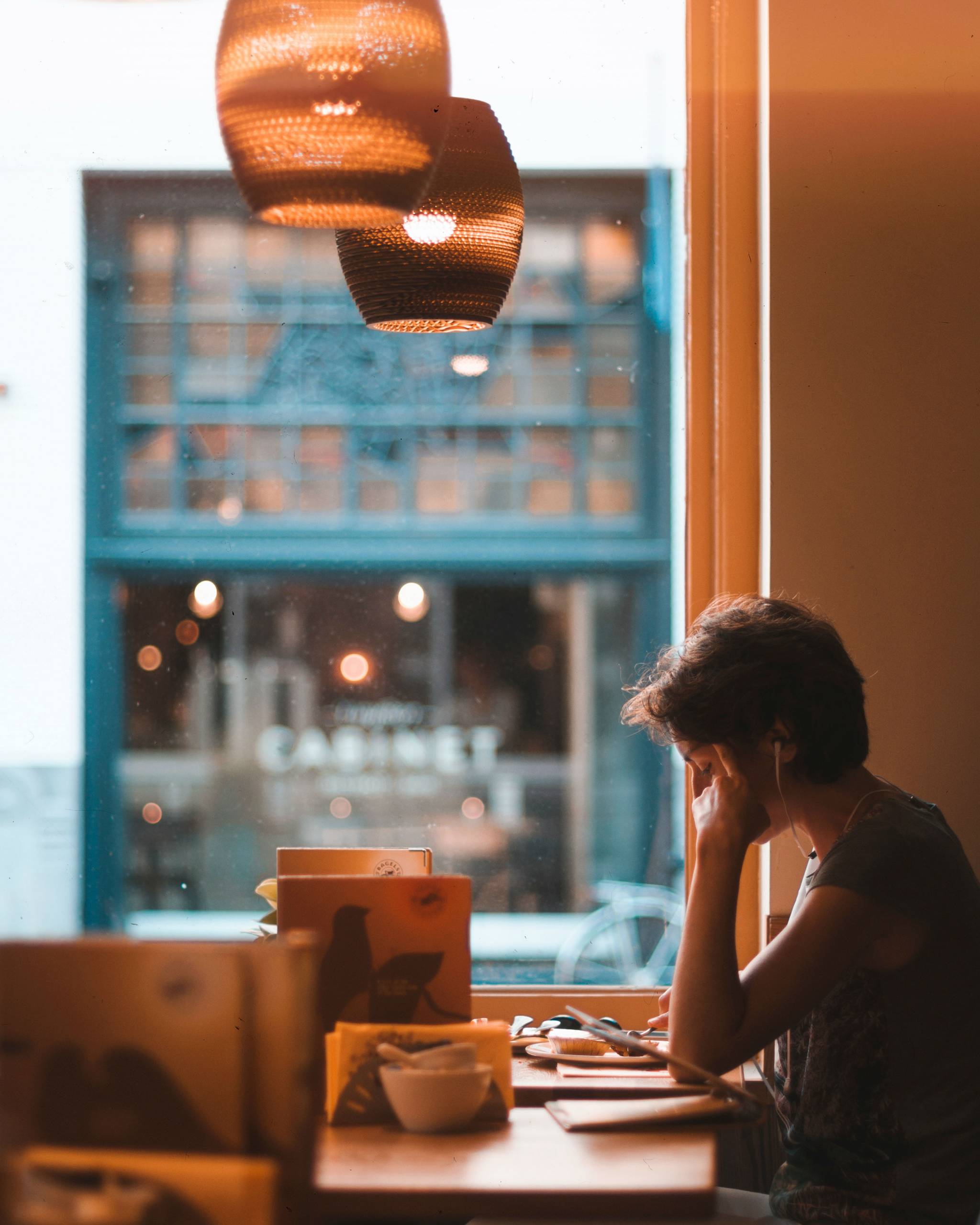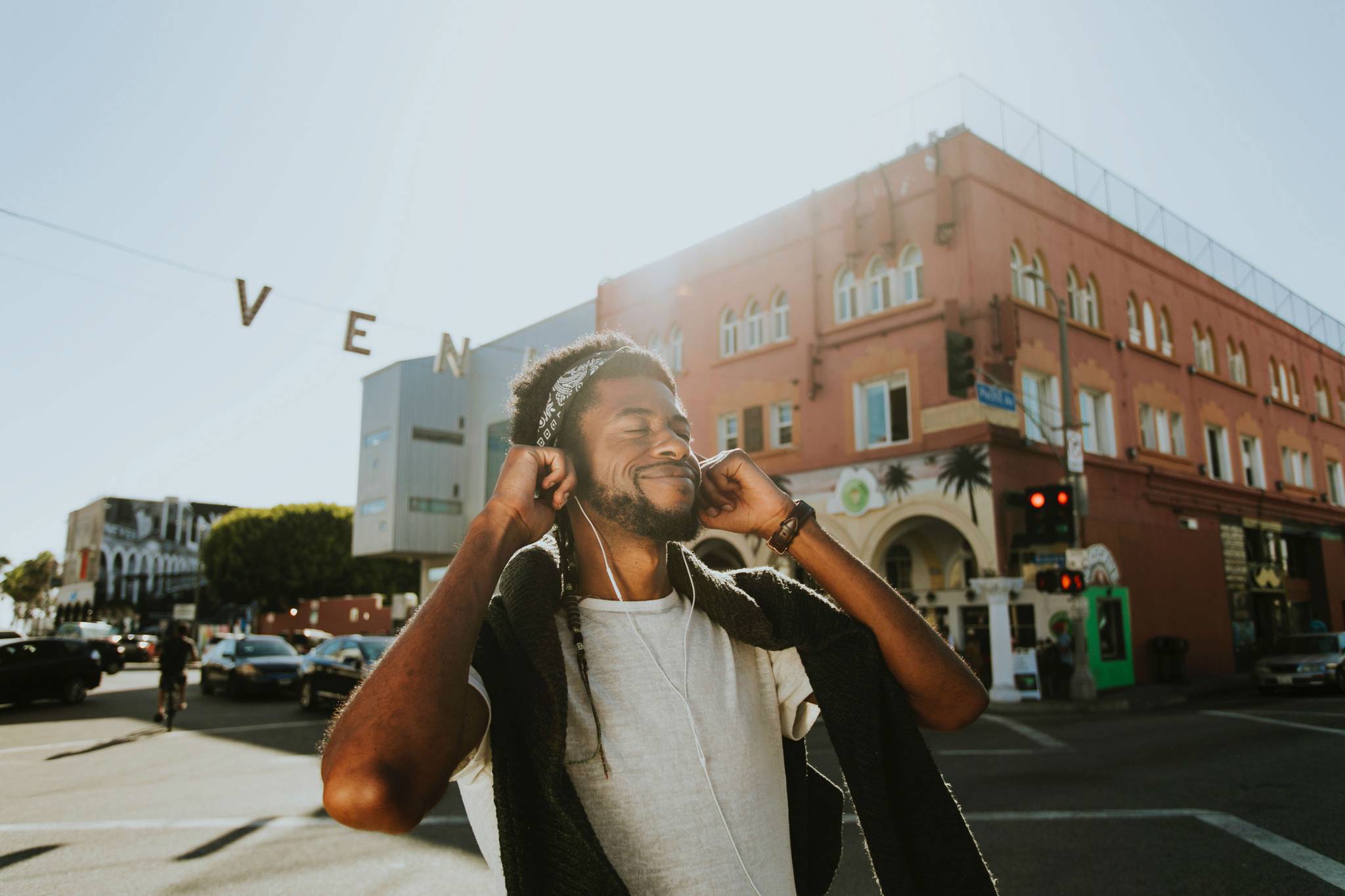
Spotify’s campaign promoting a free 30-day membership with the slogan ‘Dance like nobody’s paying’ has failed to hit the mark. Causing ripples among musicians and music listeners, it has fueled the discussion about how much artists are paid for their music by streaming giants in the US. We explore the insights behind this and the way in which consumers demand brands to do good and act authentically.
Spotify’s tone-deaf ad accidentally worked to highlight the long-standing issue of royalty payments, or the lack thereof, within the music industry. For an artist to earn the US monthly minimum wage of $1,472, it would take 336,842 streams on Spotify, 200,272 streams on Apple Music, or 1,989,189 plays on YouTube. What makes the campaign even more contentious is the fact that in March 2019 Spotify attempted to repeal the Copyright Royalty Board’s ruling to increase payouts to songwriters by 44% in the coming years as well as to collect a refund for what they believe was an unfair overpayment to music publishers in 2018.
"Nobody's paying?," musician and activist Blake Morgan asked on Twitter. "We musicians are, with our lives." With 68% of 18- to 34-year-olds listening to music every day, artists who create music want to be fairly compensated for their work. These creatives only take home about 12% of total music revenues in the US, which is why ventures like buymusic.club – a site where users can curate, share, and purchase digital playlists – lets people consume music while also supporting independent artists and labels.
As young people feel more inclined to stand up for issues they feel strongly about, listeners may consider moving to other streaming services that pay artists democratically. People have come to expect brands to exhibit empathy and understanding as well to actively empower them through a shared set of values. Yet, as the need to be authentic intensifies, people are becoming more cynical to brands transparency claims. When brands miss the mark and their attempts to be ‘real’ feel manufactured and fake, they risk ostracizing their customers. But despite doubting brands’ genuinity, people still want brands to display their authenticity and the way in which they do good for the world.
Hannah Septoff is a member of Canvas8’s editorial team and has a degree in social anthropology and politics from The University of Edinburgh. She’s passionate about the intricacies of human gender, sexuality and love and when not at work can be found on the rugby pitch or eating hummus.



